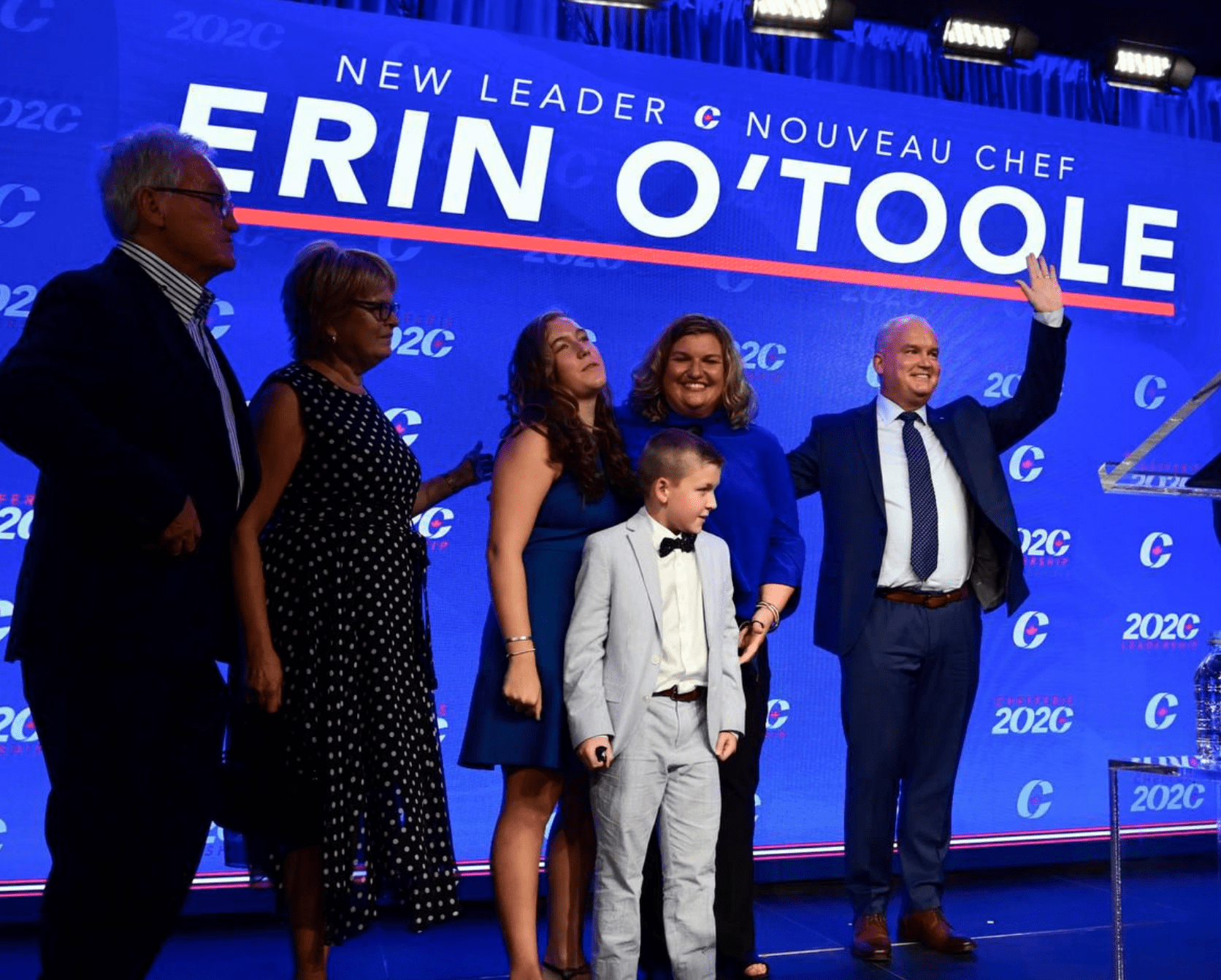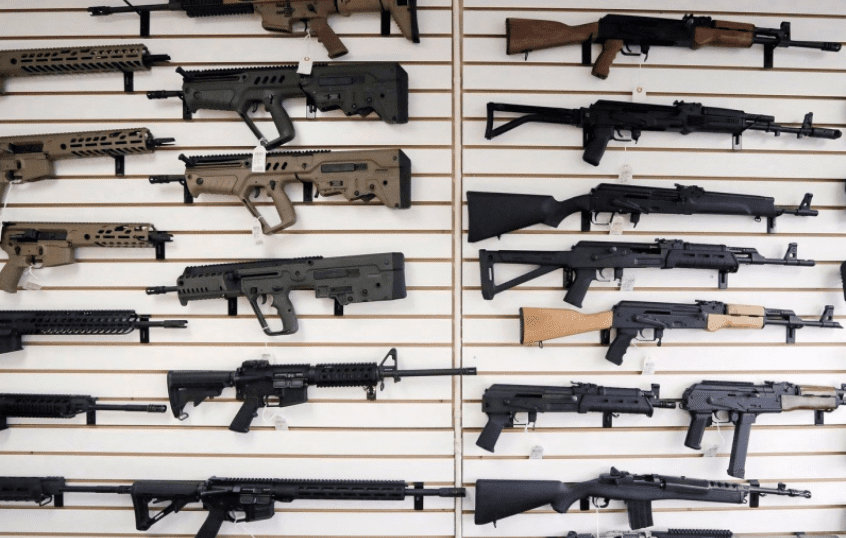Erin O'Toole's victory in the wee hours of Monday morning was a reiteration of a truism that has emerged in Canadian politics over the past few years, which is that the social conservatives will play kingmaker in their party elections. We saw that in the previous Conservative leadership, we saw that in Ontario, which followed the same rules, and it played out yet again in this just-completed race. Not only that, but the social conservatives held a more than respectable share of the votes cast, and they not only toppled establishment candidate Peter MacKay, but very nearly put Leslyn Lewis over the top, had her votes been a bit more efficiently distributed under their point system. And you can bet that those same social conservatives are feeling all the more emboldened for it.
It cannot be denied that part of the revenge these social conservatives extracted against MacKay were for his comments post-election where he said that Andrew Scheer's inability to come up with answers regarding his personal socially conservative views hung around the party like a "stinking albatross," something he tried to later walk back once he declared his leadership intentions. Those comments could not stand, and those very same social conservatives, who tend to be effective when it comes to volunteering and fundraising for the party hence the reluctance to annoy them or cut them loose from the fold ensured that they got their votes out for this leadership contest, possibly to a greater degree than the last one because there was likely an implicit fear that a MacKay leadership would be more likely to cut them adrift. And they had two candidates to rally behind.
In Derek Sloan, the Trump-worshipping branch of the party, happy to hear his racist, xenophobic and homophobic commentary, was able to exercise its wishes and he got some 14 percent of the first-round ballots. Leslyn Lewis, still pro-life and socially conservative but minus the racism, got a little over 20 percent on the first ballot. The fact that Lewis was able to take Saskatchewan (and drive Peter MacKay to fourth place in that province) and to come in second in three other provinces plus the combined Territories shows that for a relative unknown in politics, she had an effective ground-game, and full kudos to her campaign manager for that. He told Power & Politics on Monday that the pandemic helped to level the playing field for Lewis because she could do more virtual contacts in a day than if she had been doing a traditional tour. More than one commentator said that if she had any proficiency in French that she probably would have won the race, which is very interesting to ponder.
Ground game helped O'Toole in Quebec in particular, whereas MacKay seems to have lost in in particular heartland provinces like Alberta and Saskatchewan. MacKay was also hobbled in those provinces by "legacy party issues," as one Conservative operative described them to me that he was a former Progressive Conservative, never mind that he never really acted or voted like it. There was also evident bad blood between MacKay and Alberta premier Jason Kenney, who endorsed O'Toole, but who also appears to have ties to Lewis that likely prompted her unsuccessful run for a seat two election cycles ago. His organizational machine's efforts shouldn't be discounted in what happened in this race, particularly the influence that he wields among the social conservative ranks. (Most people forget that when Kenney was doing his "ethnic outreach" as a minister, it was under the rubric of bringing social conservatives among the Chinese, Korean and Sikh communities, to name a few, into the Conservative fold, with logic like "You don't like the gays? We don't either! Come join us!")
The question for O'Toole now is how he deals with these social conservatives, and will he do so in a way that won't alienate more moderate voters. I was reminded of what Patrick Brown did as Ontario PC leader, which was to jettison the social conservatives once he won the leadership and embraced carbon pricing a move which left his caucus unhappy and when the allegations of sexual misconduct arose, it was an excuse for the caucus to rally for his immediate ouster, and Doug Ford's rise was very much with the help of those social conservatives. O'Toole made a big show of accepting Sloan after his victory speech, despite the fact that many nominal conservatives who are trying to get out of the shadow of these kinds of social conservatives have been calling for his ouster from caucus, and while the leader doesn't control that (thanks to the provisions they voted on as part of the garbage Reform Act), it seems unlikely that O'Toole will permit that to happen.
Meanwhile, O'Toole spent part of that victory speech trying to tell people that no matter who they are, no matter their race, faith or sexuality, that they have a home in the party. I'm not sure that's going to quite fly among many of those communities so long as people like Sloan remain in the fold, and where O'Toole will feel beholden to those social conservatives for his leadership win, and his need to keep the party unified if he hopes to win the next election. It does give one pause as to whether or not it's possible to grow the party's share of the vote so long as they cling to those social conservatives, who are out of touch with the voters they are desperate to reach a good many of them suburban women in places like the GTA, who don't necessarily respond well to their presence.
There is a reason why women poll much higher for the Liberals than the Conservatives, and we're seeing this exacerbated in how conservative provincial governments have been responding to the concerns of women as a result of the pandemic, which is to say not at all. Stephen Harper managed it by keeping an iron fist on the social conservatives with strict message discipline, but can O'Toole manage that as well? He is going to have to thread that needle very carefully in the months ahead, which will take a lot more skill than simply hiring professional shitposters to run his messaging like he did in the leadership.
Photo Credit: National Post











